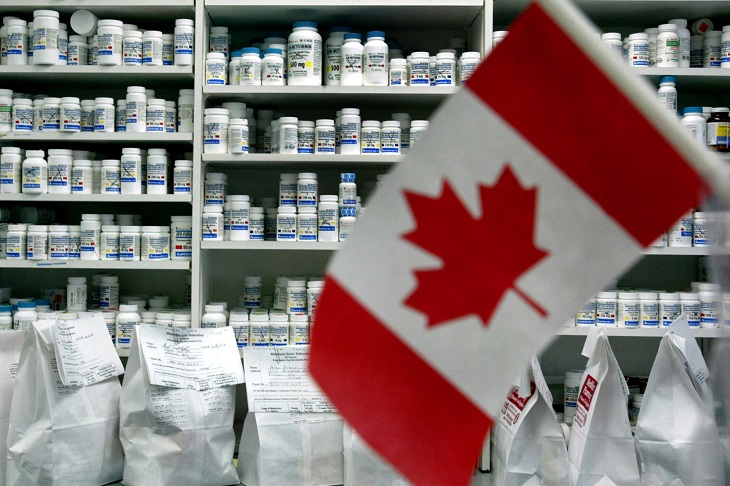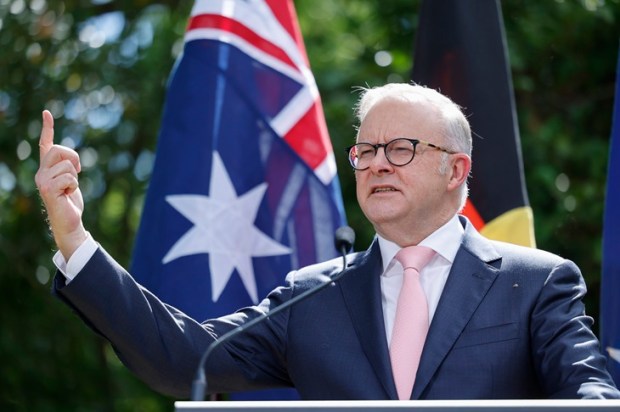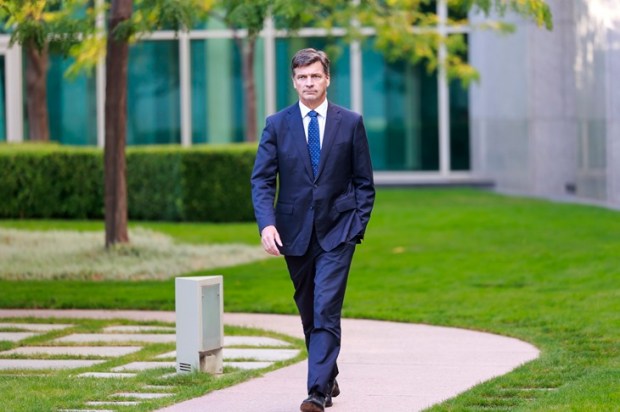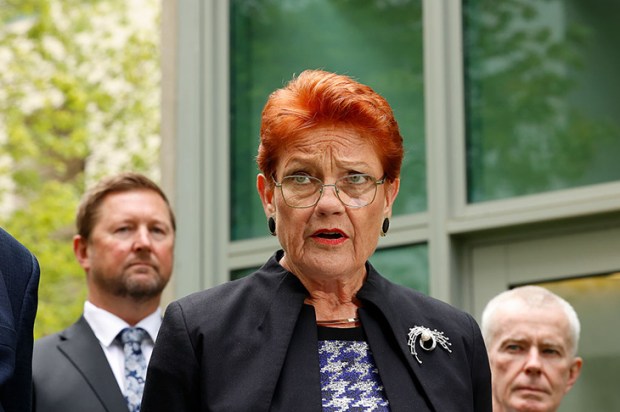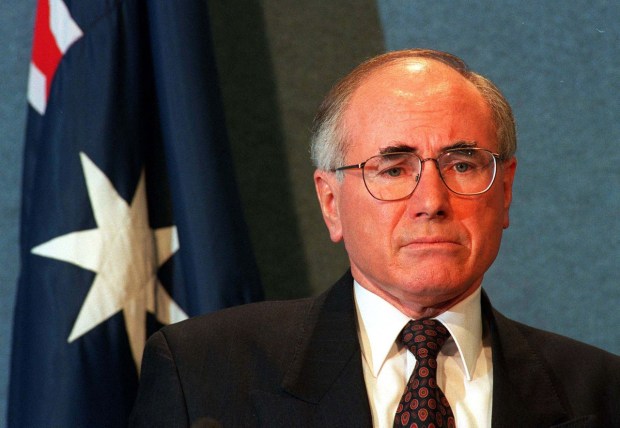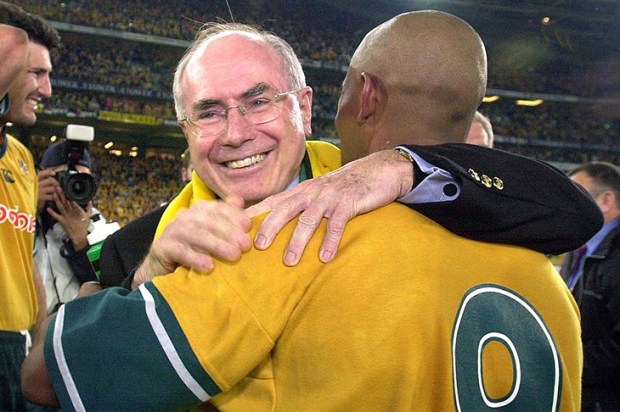Canada’s dystopian love affair with State-assisted dying grows more chilling by the day.
Fashion house La Maison Simons has produced a (now deleted) three-minute advertisement promoting euthanasia as a trendy, progressive lifestyle choice.
The ad presents state-sponsored MAiD (Medical Assistance in Dying) as ‘the most beautiful exit’.
‘Dying in a hospital is not what’s natural. That’s not what’s soft. In these kinds of moments, you need softness,’ the advertisement’s narrator says.
Viewers are told that, ‘Last breaths are sacred…’ as the narrator, an attractive woman in a wheelchair, is shown on a picturesque beach.
‘I spent my life filling my heart with beauty, with nature, with connection. I choose to fill my final moments with the same,’ she says.
‘When I imagine my final days, I see bubbles. I see the ocean. I see music. Even now, as I seek help to end my life, there is still so much beauty. You just have to be brave enough to see it.’
The narration – backed by an inspirational musical score – is set to beautiful images of bubbles, candle-lit forests, beaches with luminescent whale and jellyfish puppets, and friends gathering around in support.
The advertisement ends with a dedication to the 37-year-old narrator who ended her life with help from the State in October.
‘Jennyfer Hatch – 1985 to October 2022.’
Oh, and there’s a small logo of La Maison Simons – the fashion retailer. If you’re not busy this afternoon being euthanised by the State, we recommend you check out some of their winter fashions.
Jennyfer Hatch wasn’t terminally ill when she applied to be euthanised. She had reportedly spent years trying to get treatment for chronic pain caused by an inherited disorder that affects connective tissue.
She eventually applied for MAiD and was approved within weeks.
When it comes to healthcare, dying is fast becoming what the Canadians do best.
The callous message goes something along the lines of ‘you can spend years seeking medical treatment and get nowhere, or you can apply for euthanasia and receive help within weeks’.
Five-time Paralympics champion Christine Gauthier shocked Canadians last week when she told a parliamentary committee how she was offered MAiD when she complained to the Veterans Affairs department about a delay installing a wheelchair ramp at her home.
‘I have a letter saying that if you’re so desperate, madam, we can offer you MAiD, medical assistance in dying,’ she was told.
No doubt, this is an alarming escalation.
Where’s my wheelchair ramp?
It’s on backorder. Would you like to die instead?
They shouldn’t call it assisted suicide. It should be called Very-Assisted suicide.
In case it sounded like an unlikely, isolated instance, Veterans Minister Lawrence MacAulay told Parliament she knew of at least four other military veterans similarly offered the death option without ever requesting it.
Can’t help you live. Happy to help you die. So thoughtful of the government…!
The only good thing that can be said about these shocking cases is that death was offered, not mandated.
Anyway, producers of the ‘death is beautiful, everyone should try it at least once’ advertisement didn’t seem bothered by the fact there are people who wouldn’t have needed to experience the beauty of death if they’d been offered a bit of government help to live.
Death is the latest fashion, and corporations are now advertising for people to try it on.
La Maison Simons executive Peter Simons said the objective in shooting the video was to ‘truly reflect on who we want to be as a company’.
A lot of things came to mind, none of them complimentary.
Simons said the company had made ‘the courageous choice to use the privilege of our voice and platform to create something meaningful, something that is less about commerce and more about connection’.
It’s a pretty revealing insight into where Western culture is at right now – a respected corporation parading its Woke credentials by cheering vulnerable people to consider an early death out of … kindness?
The unifying feature across all progressive ideology today is fundamentally anti-human.
Whether it’s the mad panic to get to Net Zero – irrespective of the human cost – or the gender botherers’ relentless campaign to strip the term ‘woman’ of all meaning, progressivism is at war with humanity.
Abortion was sold to us as being safe, legal, and rare. Now progressives insist that anything other than abortion up until birth, for any reason at all, is a violation of human rights.
Same-sex marriage was sold to us as being about love and equality. Within a few short years of its legalisation, our finest political minds cannot say for sure what a woman is.
It’s been quite the slippery slope.
The La Maison Simons advertisement comes just three months before Canada intends to legalise euthanasia for people with mental health issues.
In less time than it takes a child to complete primary school, Canada went from legalised euthanasia for terminally ill people suffering intolerable pain and with the end in sight, to euthanasia for sad people.
There is already talk that the next ‘reform’ should be to give children access death services, and without parental consent.
Of course, the legislation being considered does not call children ‘children’. One of the charms of progressivism is its linguistic gymnastics that make it easy to forget what one is actually talking about.
Children are referred to as ‘mature minors’ (which is an oxymoron) without any detail as to what constitutes mature, or who decides.
Dying with Dignity responsibly recommends that the legislation should only apply to mature minors ‘at least 12 years of age and capable of making decisions with respect to their health’.
It begs the question, if we are going to allow euthanasia for 12-year-olds, why not 11-year-olds? And if for 11-year-olds, would we really deny death to depressed 10-year-olds?
Dying with Dignity insist it would only be in very rare instances that a child would access Medical Assistance in Dying (MAiD).
And if you believe that, I’ve got a bridge to sell you.
MAiD’s first year of operation in 2017 saw 2,838 people opted for assisted suicide, according to a government report.
Five years later the number of assisted suicides had ballooned to 10,064 and accounted for more than 3 percent of all deaths in Canada.
I know. I know. I’m sounding anti-death. I’ll try to look on the bright side.
Here’s the good news…
Canada’s Parliamentary Budget Officer issued a report in October 2020 stating that MAiD would cut healthcare costs by more than $66 million.
Others – including Aaron Trachtenberg, a research fellow and a doctor at the University of Manitoba, and Braden Manns, a health economist, and nephrologist at the University of Calgary – have predicted that MAiD could save the health budget up to $100 million annually.
It’s only a matter of time before the Canadian government starts asking citizens to kill themselves to save lives.
And then – having killed the elderly, the miserable, and the disabled – they will be able to boast that they have the best healthcare system in the world, since everyone left alive is well.
You think I’m joking?
Iceland boasts about having ‘eradicated’ Down Syndrome. The unspoken part is that they have done this by aborting almost all unborn babies that test positive for the syndrome.
As Mother Teresa once said (paraphrased): ‘There is no poverty like Western poverty.’
Having abandoned belief in God, we now see ourselves as no more than an evolved species in an accidental biosphere.
When Nietzsche said that ‘God is dead’, he wasn’t celebrating a liberating insight, he was just pointing out that humans are utterly alone in a cold and uncaring universe.
This nihilism is pervading our increasing secular world.
State-assisted suicide is now so progressive, so cool and so modern that corporations believe their brands are enhanced by promoting it.
You have to wonder if, as a society, we have reached some sort of non-adaptive tipping point.

